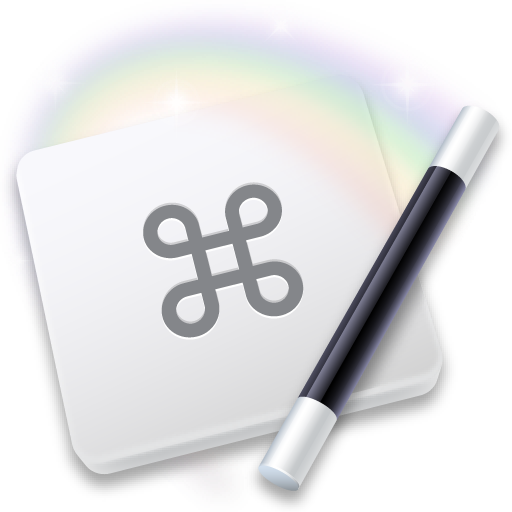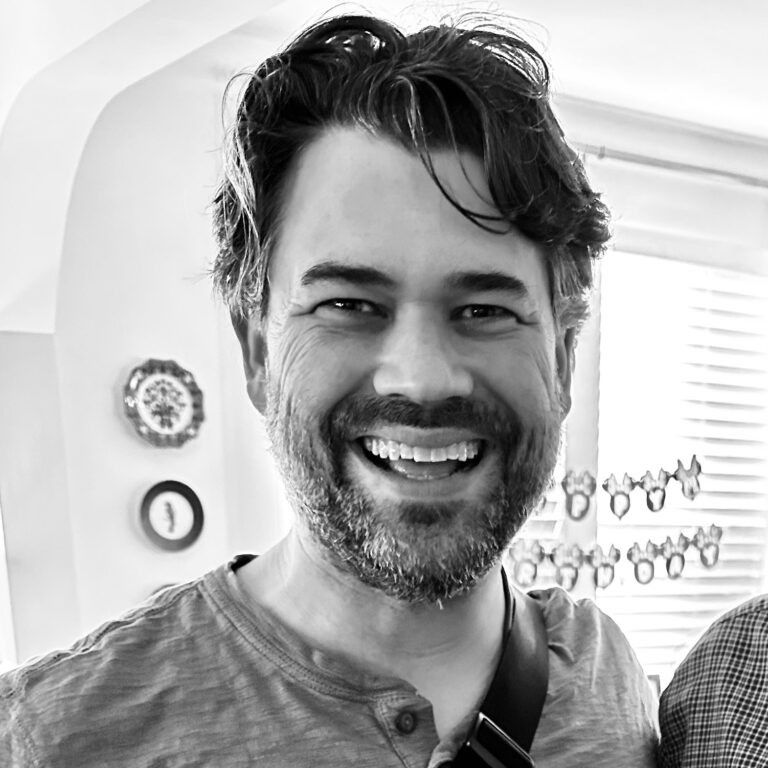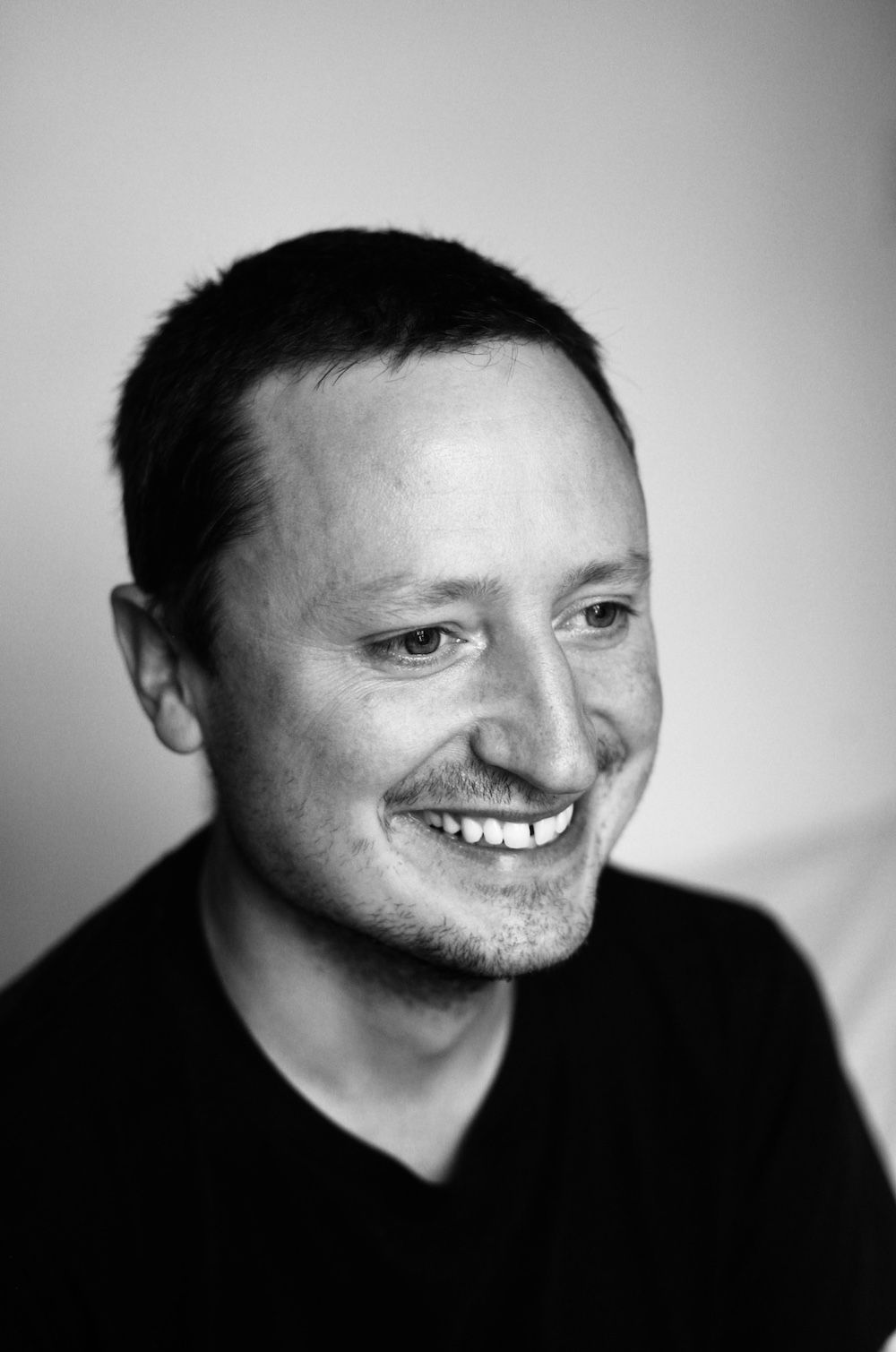An Interview with Wouter Groeneveld
Wouter Groeneveld is a baker, teacher, programmer, writer, and researcher who writes at his blog, Brain Baking.

Wouter Groeneveld is a baker, teacher, programmer, writer, and researcher who writes at his blog, Brain Baking.
Who are you, and what do you do?
I'm Wouter and I currently study creativity for problem solving in software engineering education. I also like baking bread and thinking about thinking, which I call brain baking.
How did you get interested in that?
By following my gut! Before stumbling into academia, I was a software engineer myself for more than a decade. The more junior (and senior!) applicants we interviewed, the more I was convinced that when it comes to programming, we value the wrong skills. It's never the technicalities that causes all sorts of trouble, but the non-technical ones: communication, solution-oriented thinking, creativity, ... The more I pondered that, the more I got interested in doing something about it. By then, I was also part-time teaching at the local faculty of engineering technology. I decided to thoroughly investigate what I thought was wrong with industry and education. Four years later, I'm nearly finishing my PhD on the topic.
What tools & gear do you use? (Could be hardware, software, something else entirely.)
I'll spare you the boring technical PDF compilation toolchain set and instead mention something extremely simple and extremely effective: pen and paper! I'm an avid analog journaler and jot down everything I think about in there: from personal stuff, thoughts about books or papers I've read, to classic "dear diary" entries or even photos and snippets of newspapers. Collecting everything in one place. When I re-read those, I can easily start connecting the dots, generating new insights or ideas. That's been my jam for ten years now and it has net me countless of great insights.
Besides the tools, what are the routines & habits that help you get your work done?
The most important piece of the puzzle is taking notes, wherever you go. Without catching ideas on paper, you're lost. So, naturally, I keep post-it notes in my car, in my jacket, on the bed-side table, ... Gotta catch 'em all! Also, once every few months, I digitize my analog notes using something like GeniusScan, and add tags for each page to quickly find stuff. Everything eventually ends up in an Obsidian/DEVONThink vault, although to be honest, the more I work with Obsidian-like tools, the less I like them. Most work gets done in the notebooks themselves: I simply rely on digital tools to index my notes. Connecting notes across journals is also possible on paper with a "bXpY"-like marker.
I am extremely methodological. I also love (TODO-)lists and enjoy striking through a line when it's done. My simple but complete "system" makes me quite a productive programmer and academic.
On your about page, the first thing you call yourself is a Baker. What sparked your interest in baking, and specifically sourdough bread?
I grew up with the smell of freshly baked bread, as my father and his father baked bread. One time, on a vacation trip to Spain, I tasted the best bread I've ever had, and it was way better than my dad was producing! As soon as I rented an apartment myself, I started experimenting with bread baking. At first with a simple bread baking machine, but through blogs, I discovered a thing called "sourdough". A couple of years later, I bought a multi-level stone oven and enrolled in a professional baking course. I can now call myself professional baker and did an internship with one of the best sourdough bakers in Belgium. I organize workshops and even wrote a book about the science of bread baking. Let's call it (yet another) passion project.
You have a variety of interests: baking, research, programming, writing, and teaching. How do you make time for everything?
Haha, good question! Baking and cooking are hobbies that you have to make time for anyway as one has to eat, right? I'm the chef at home and sneakily take that time to experiment. Sandor Katz' The Art of Fermentation took my sourdough fermentation skills to other places such as miso and tempeh. As for writing, in academia, my schedule is very flexible. Besides the pre-set teaching assignments (about 50%), I can do whatever I want, and I love that. My system makes me quite productive, making time for more hobby projects. I even write about retro video games! I think I have this urge to write and communicate with the world, that lately made me put much more effort into maintaining my blog.
As a follow up, how did you discover your interests?
By reading. I am not only talking about books, but also about others' blogs. I try collecting a diverse set of RSS feeds for my feed reader and love reading about what others are up to. Sometimes that's the beginning of a spark that ends into my journals. It could be "fermenting" a few more weeks there, until I re-read segments, look up something related to it, and decide to pursue that interest. Or simply reject it - which happens more often.
On your video game review site, Jefklaks Codex, you write about retro games. What do you think about the current state of video gaming? Is there something to be learned from older games?
Absolutely! Modern "AAA games", as they like to call themselves, fail to grab my attention. They're made with hundreds of people that had to work too long hours and while the result is a photorealistic game, the "fun" in "game" is lost in the process. I also much prefer the local multiplayer couch experience that enables yelling and hitting each other. Plus, especially with older games, resources were limited, and developers had to work with tight constraints. The result is - okay, admittedly sometimes - a masterpiece, precisely because of the limited VRAM capabilities.
Of course nostalgia is for me another big part why I lean towards retro games. I like the physical feel of slotting in a cartridge and even for modern platforms like the Nintendo Switch, I support the folks from Limited Run Games. I grew up with the Game Boy and that gray brick is probably the reason why I'm a computer scientist.
You have an extensive Goodreads profile, and you cover the last 12 books you've read on your website. What are some of your favorite books?
Of this year or all time? That's going to be difficult! I already mentioned The Art of Fermentation and will add Bread by Jeffrey Hamelman as my baking bible. Besides that, there's Montaigne's Essays which I admire and get inspired by. Irene Vallejo's Papyrus was also superb, as was To the Letter from Simon Garfield. I love philosophical books on writing. As for programming, the one book that changed my professional career and inspired my doctorate's work was Pragmatic Thinking & Learning by Andy Hunt. I read more non-fiction than fiction nowadays.
How do you relax or take a break?
By stopping working on time every day! I hate people who say things are "busy" to make them look good. I'm never swamped in work and get a lot of work done. Besides that, playing and walking with our Golden Retriever helps. I also like biking and regularly take breaks in-between the workday for a short hike or bike with no special purpose in mind other than to take my mind off the problem at hand. I usually come back with the solution.
What are some of your favorite things that you've created? (Could be anything – the best bread you made, a review you think is very well-written, etc.)
It would be easy to cite a recently published academic paper but while I do my best each time, I'm more proud of my bread baking book. Too bad I wrote it in Dutch... I'm also happy with the state and cadence of my Brain Baking blog and the interactions I've had with other bloggers. I've made a lot of (virtual) friends that way and even found myself to be a member of a fountain pen club in Canada thanks to the blog! I also love to believe that I make a difference in higher education. It's always a joy to hear a student finally "gets" unit testing.
I'm currently writing a pragmatic book on creative programming in cooperation with Manning, and when that's finally done, it'll surely be my favorite thing!
Who or what inspires or motivates you; or, alternatively, that you admire?
As mentioned, Montaigne's Essays and other pragmatic philosophers inspire my writing, as does Ruben Schade from Rubenerd.com, as does Jeremy Parish when it comes to retro game writing. I still have a lot of ideas on combining bread baking concepts with philosophical approaches stuffed away in my notes somewhere. I admire normal people that don't work too hard and love writing about anything, not just boring technical stuff about compilers.
What would be your dream setup?
I'd love to do more work while travelling. I'll have to convince my wife to do that, but post-COVID, I don't see why that's not possible.
Anything else you'd like to add?
Yes, I'd like to end with a message: please start blogging, even if you think you have nothing interesting to say. Everything is of interest! Leave Twitter and "tweet" on your own site, that'll be the first step. Thank me later!




